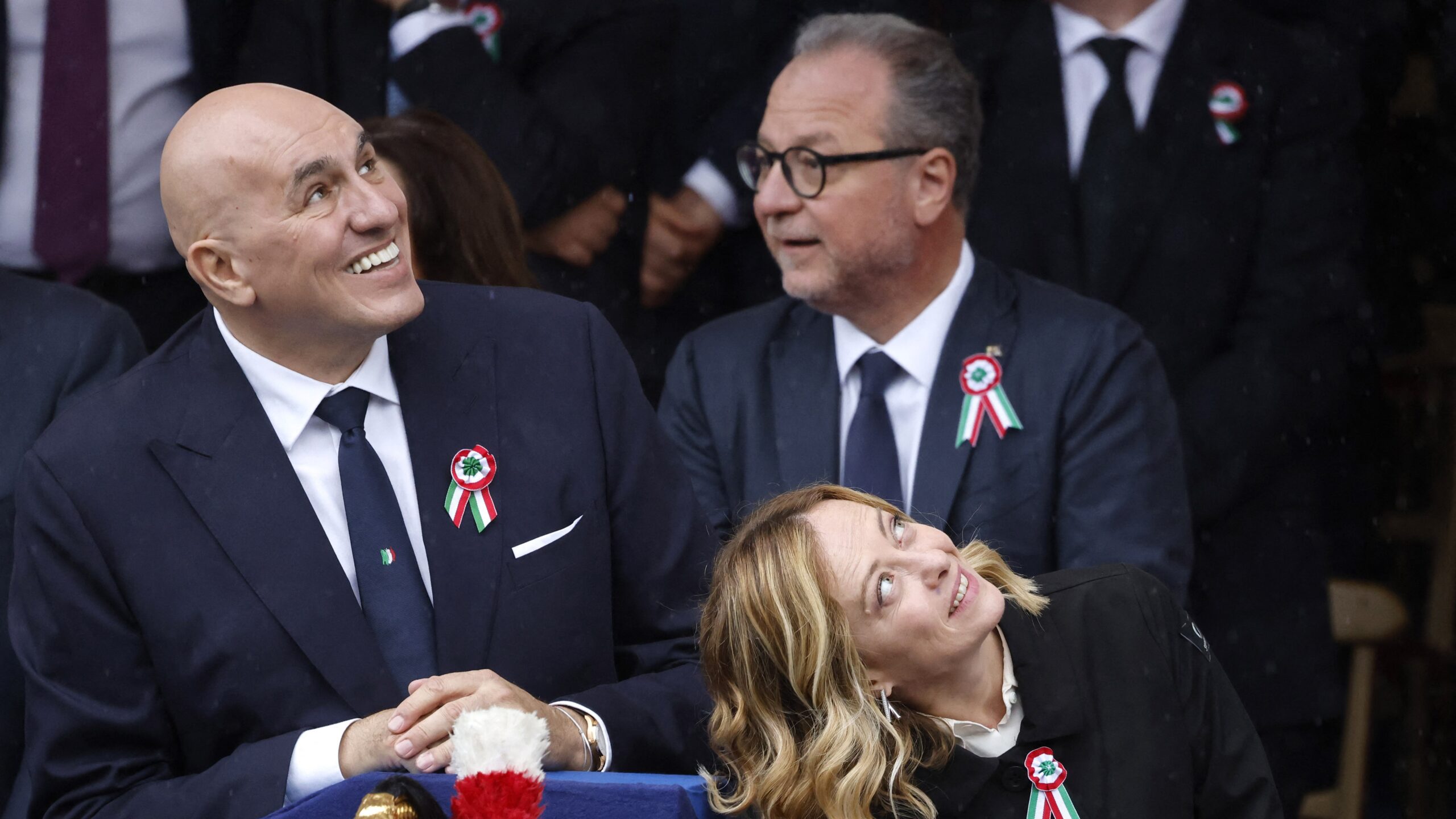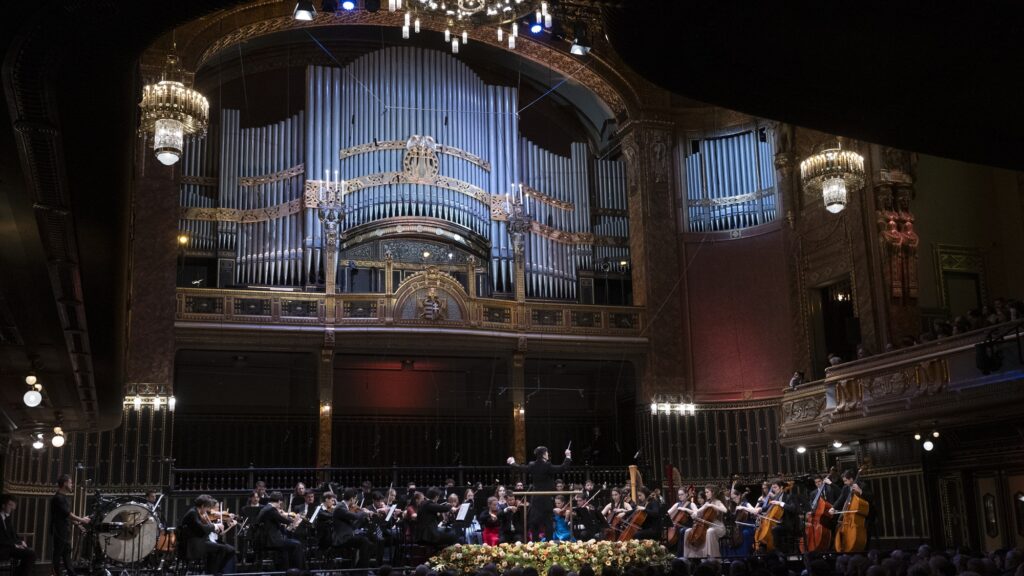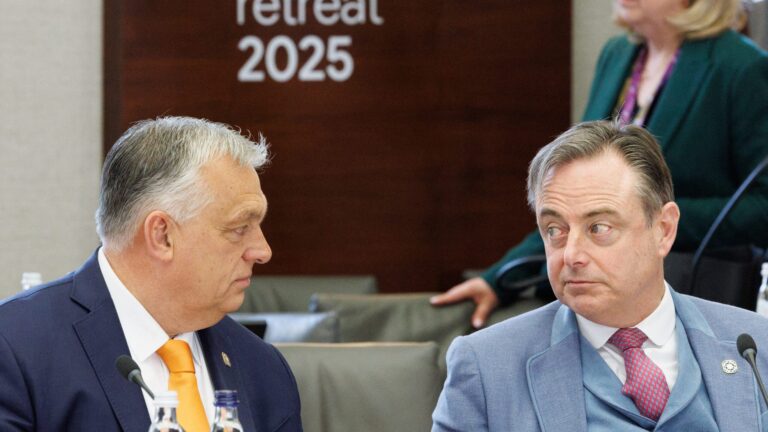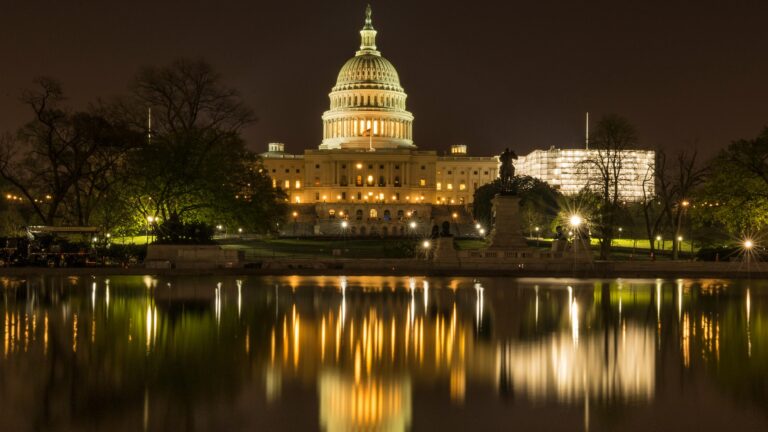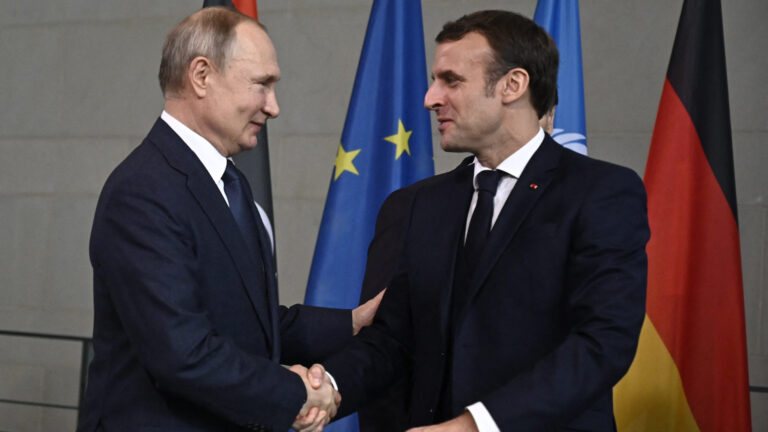Italy’s Defence Minister Guido Crosetto has ignited a political firestorm with comments that appear to question Ukraine’s military operations inside Russian territory, POLITICO reported. In an interview, Crosetto warned that ‘no country should invade another country’ and expressed concerns over the conflict escalating into Russian territory, which could complicate efforts toward peace. His remarks have raised doubts about Italy’s commitment to Ukraine, despite Prime Minister Giorgia Meloni’s staunch support for Kyiv since the start of Russia’s invasion.
Crosetto emphasized that the weapons provided to Ukraine by Italy are intended strictly for defensive purposes, clarifying that these arms ‘do not have the possibility of being used for an attack on Russian territory’. This distinction is critical, as
it reflects Rome’s careful approach to balancing military support with the risks of direct involvement in a wider conflict.
Yet, his comments have drawn ire from Italian political commentators, who argue that they dangerously conflate Russia’s invasion with Ukraine’s efforts to reclaim its sovereign territory.
On 18 August 2024 Ukraine launched its Kursk campaign as part of its broader counteroffensive, aiming to strike deep into Russian-held territory and target key military installations, disrupting Russian supply lines and command structures. The operation represents a significant escalation in the war, as Ukraine pushes beyond defensive actions within its borders. Ukraine sees these incursions as critical to regaining strategic momentum and pressuring Russia to withdraw from occupied territories, and indicates Kyiv’s determination to leverage both international military aid and its own growing capabilities to challenge Russia on all fronts.
Amid Ukraine’s Kursk offensive, Western allies are continuing to back Kyiv without overt hesitation. There is no indication that the US, the UK, or other EU nations are pressuring Ukraine to curtail its operations in Russian territory, despite the existing ban on providing long-range missiles capable of striking deep into Russia. The Kursk operation, aimed at targeting Russian military installations, has not provoked a significant shift in Western support, highlighting the potential isolation of Crosetto’s position within the broader alliance.
However, Crosetto can find an ally in Budapest, as Hungary has consistently been a voice of caution,
opposing further military engagement and advocating for peace talks—a position it maintains despite Ukraine's recent actions.
Within Italy public opinion is increasingly divided on the issue. A recently conducted poll shows that more than half of Italians, 53 per cent oppose sending more arms and ammunition to Ukraine; 57 per cent of respondents believe Europe should push Kyiv into an agreement with Moscow. 80 per cent oppose sending troops to fight.
The numbers reflecting the influence of the right-wing Lega party, a key government partner considered more pro-Russian or even pro-Putin.
The backlash against Crosetto’s comments further underscores the sensitivity of the issue at home. The Corriere della Sera newspaper criticized Crosetto for drawing false equivalences between the actions of Kyiv and Moscow, urging him to be more cautious with his language.
Meanwhile, Prime Minister Giorgia Meloni has maintained a low profile on the issue, currently on holiday and avoiding direct comments. However, her office has reiterated Italy’s unwavering commitment to supporting Ukraine, aligning with EU policy. In a letter following his interview, Crosetto sought to clarify his stance, affirming that Ukraine’s actions are not an invasion but a defensive manoeuvre aimed at restoring its territorial integrity and international law. Analysts, like Alessandro Marrone of the Institute of International Affairs, have downplayed the minister’s comments as ‘storm in a teacup,’ suggesting that they do not signal a real shift in Rome’s policy.
Under Giorgia Meloni’s leadership Italy has consistently backed Ukraine in both rhetoric and material support. Meloni has worked to cement her government’s place within the broader Western alliance, recently sending a second SAMP-T air defence system to Ukraine, even as domestic opposition grows. Her position aligns with NATO's broader objectives but also reflects the constraints imposed by her governing coalition, which includes pro-Russia politicians. Meloni’s balancing act requires deft political manoeuvring as she seeks to maintain support for Ukraine while navigating a divided public opinion at home.
Despite these challenges, Meloni has proven adept at managing Italy’s foreign policy, using her international standing to secure Italy’s place as a key player in EU and NATO decision-making. While Crosetto’s remarks may have caused some turbulence, the overall trajectory of Italy’s Ukraine policy under Meloni remains firmly in line with the country’s Western allies. The coming months will test her ability to maintain this course, particularly as the conflict continues to drag on and political pressure at home intensifies.
Related articles:

